Neymar's Intel flash: what it says about internet of things
Barcelona's $25m deal with Intel kick-starts a sponsorship revolution, says Simon Chadwick
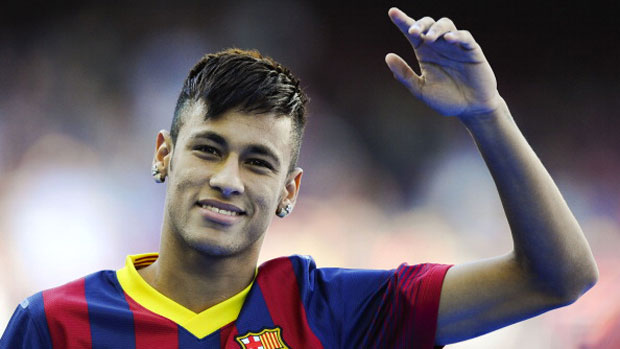
A free daily email with the biggest news stories of the day – and the best features from TheWeek.com
You are now subscribed
Your newsletter sign-up was successful
WHEN Neymar scored for FC Barcelona against Villareal in a recent Spanish La Liga game, it was a momentous occasion. As the Brazilian international turned to celebrate, he pulled up his shirt to reveal Intel’s logo on its inside. This was the first time during a game that the world had seen evidence of Barca’s recently signed $25m sponsorship deal with the American tech corporation.
Given that 100m people or more are likely to have seen the logo, this was an immediate return on investment for Intel who are one of several tech giants recently taking an interest in sport. Last July, the NFL’s Dallas Cowboys signed a $20m stadium naming rights deal with AT&T. The previous month, Yahoo reached an agreement with the San Francisco 49ers to become “the exclusive online sports content, social networking and photo and video sharing partner” of the American football team’s new stadium.
One view of such deals is that they are simply “of their age”, just as tobacco in the 1970s, alcohol in the 1980s, financial services in the 1990s and online gambling in the 2000s sought out sponsorship opportunities in sport. Now in the second decade of the 21st century, Intel’s deal with Barca could merely be seen as an obvious relationship between two global brands, both seeking to build profile, presence and market share.
The Week
Escape your echo chamber. Get the facts behind the news, plus analysis from multiple perspectives.

Sign up for The Week's Free Newsletters
From our morning news briefing to a weekly Good News Newsletter, get the best of The Week delivered directly to your inbox.
From our morning news briefing to a weekly Good News Newsletter, get the best of The Week delivered directly to your inbox.
However, there is something rather different about the Intel/Barca deal. Whereas sports sponsorship used to be about a sticker on a car or a name on a shirt, industry professionals now talk about relationships, strategic alliances and partnerships. Moreover, outcomes are now couched not just in financial terms alone, but also in terms of competence building and “win-win” scenarios.
And this is where the real, fundamental point of interest lies in the Intel/Barca deal: whether we realise it or not, we are now living in the midst of a new industrial revolution.
Internet of things
At the heart of this revolution is the internet of things, the process of connecting everyday objects to the internet. These objects can indeed be any “thing”, from a fridge to an elevator, a pint of milk to a pair of shoes.
A free daily email with the biggest news stories of the day – and the best features from TheWeek.com
So what of Neymar, Messi, Xavi, Iniesta and Barca’s flow of goals? The internet of things surely has something to tell us about Intel’s sudden interest in Spanish football.
As a fan, have you ever wondered how many kilometres a player like Neymar runs during a game? How often do you think he kicks with his left foot or his right foot? How many calories does he burn?
As a kit manufacturer like Nike, as Neymar turns and stretches, how does his shirt pull and twist? Could his shirt be designed and made in a way that helps Neymar play better? And if there is a fault in his shirt, could there be some form of early warning about the fragility of the garment?
And here’s the key: imagine Intel working with Barca and Nike to create a shirt that incorporates smart technology. This shirt could then continuously broadcast real-time data – calories burned, for example – which are then transmitted directly to the handsets of fans sat at the Nou Camp watching a game. The potential goes way beyond this though – for instance, imagine the day when a shirt is able to carry a camera broadcasting live footage as Neymar sticks a winner in the net.
At the same time, additional data could be transmitted to Nike technicians sat back at headquarters in Oregon, who can use it as the basis for modifying kit and designing better equipment. Meanwhile, for the Barca performance analysts sitting pitch-side, the “smart shirts” could generate a constant flow of data helping them identify player strengths, weaknesses and areas for improvement.
Perhaps Neymar’s boots might also carry smart technology, and the performance analysts can change their set-up during the game by electronically sending instructions back to the boots (something the fans might also be able to access on their handsets).
This is the internet of things in action, and this would seem to be the real essence of recent deals signed by Intel, Yahoo, AT&T and the rest. By 2020, it is estimated that there will be 30 billion connected devices in the world. Some even believe the number could be far higher.
Competing off the pitch
For Barca, “Intel Inside” puts them at the forefront of a new age in which the data generated by shirts, shorts, boots, the seats fans sit on, the drinks machines used at half-time, the turnstiles people pass through and so forth are all linked through the internet of things.
Understanding and responding to this deluge of data will be key. Just as in other sectors of business, sports teams that don’t pay attention to this development will fall behind their rivals.
Competitive advantage in this new age will be secured by catering to the individual needs of every person sat in a stadium; by attaining levels of player and equipment performance achieved through the generation and understanding of ever more sophisticated streams of data; and by allowing all stakeholders to engage and interact with players, teams and games in a way that enables them to simultaneously fulfil a whole range of needs and wants.
So, keep in mind that the next time you watch a game on television and a cliché-prone commentator exclaims “the defenders really are making Neymar sweat”, thanks to Intel and others it could well be that we can check on our handsets the extent to which this is actually the case.
Simon Chadwick is Professor of Sport Business Strategy at Coventry University.This article was originally published at The Conversation
-
 The environmental cost of GLP-1s
The environmental cost of GLP-1sThe explainer Producing the drugs is a dirty process
-
 Greenland’s capital becomes ground zero for the country’s diplomatic straits
Greenland’s capital becomes ground zero for the country’s diplomatic straitsIN THE SPOTLIGHT A flurry of new consular activity in Nuuk shows how important Greenland has become to Europeans’ anxiety about American imperialism
-
 ‘This is something that happens all too often’
‘This is something that happens all too often’Instant Opinion Opinion, comment and editorials of the day
-
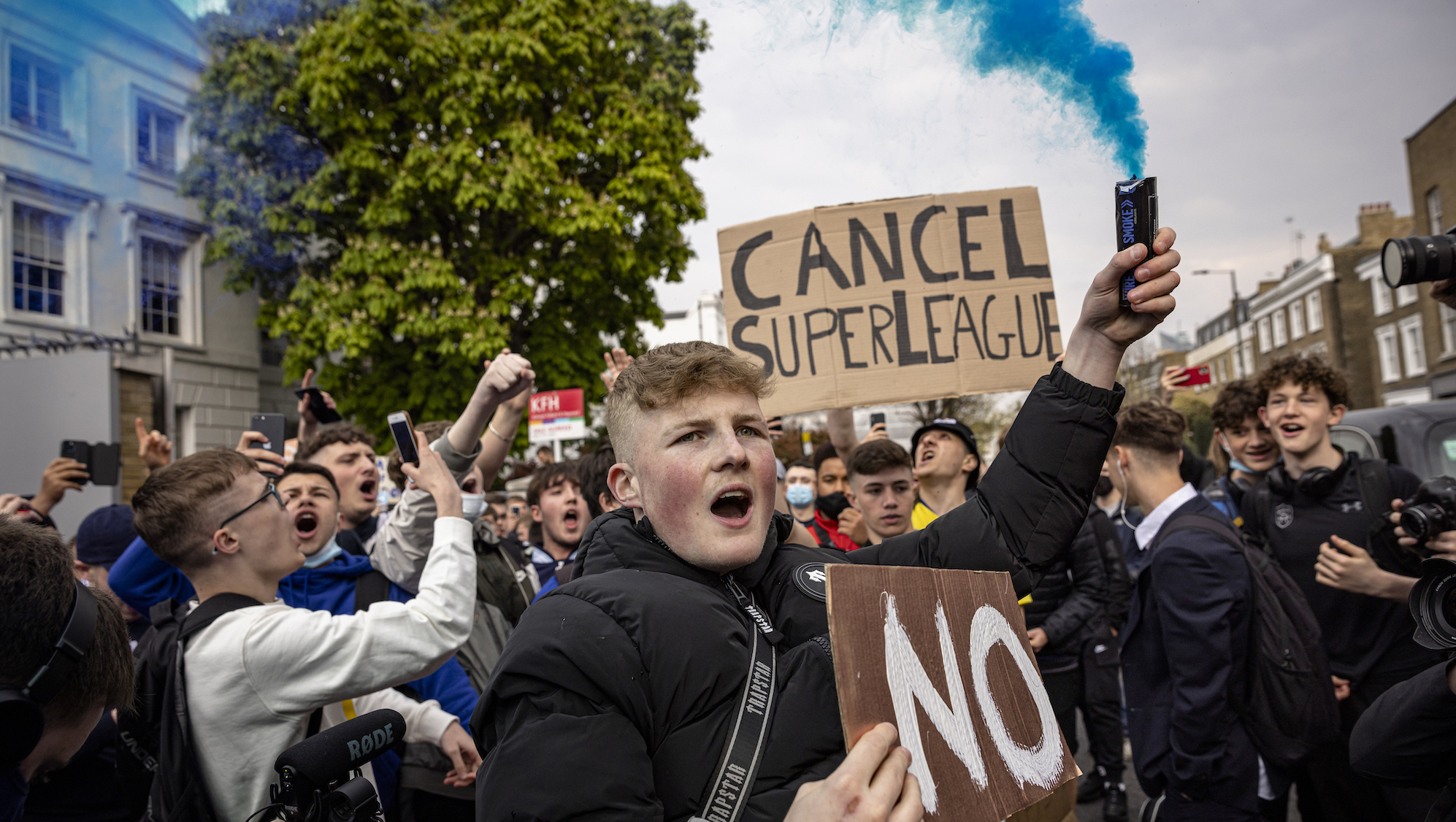 The European Super League: a 90th-minute reprieve?
The European Super League: a 90th-minute reprieve?In the Spotlight A European court ruling has potentially breathed new life into the breakaway football league
-
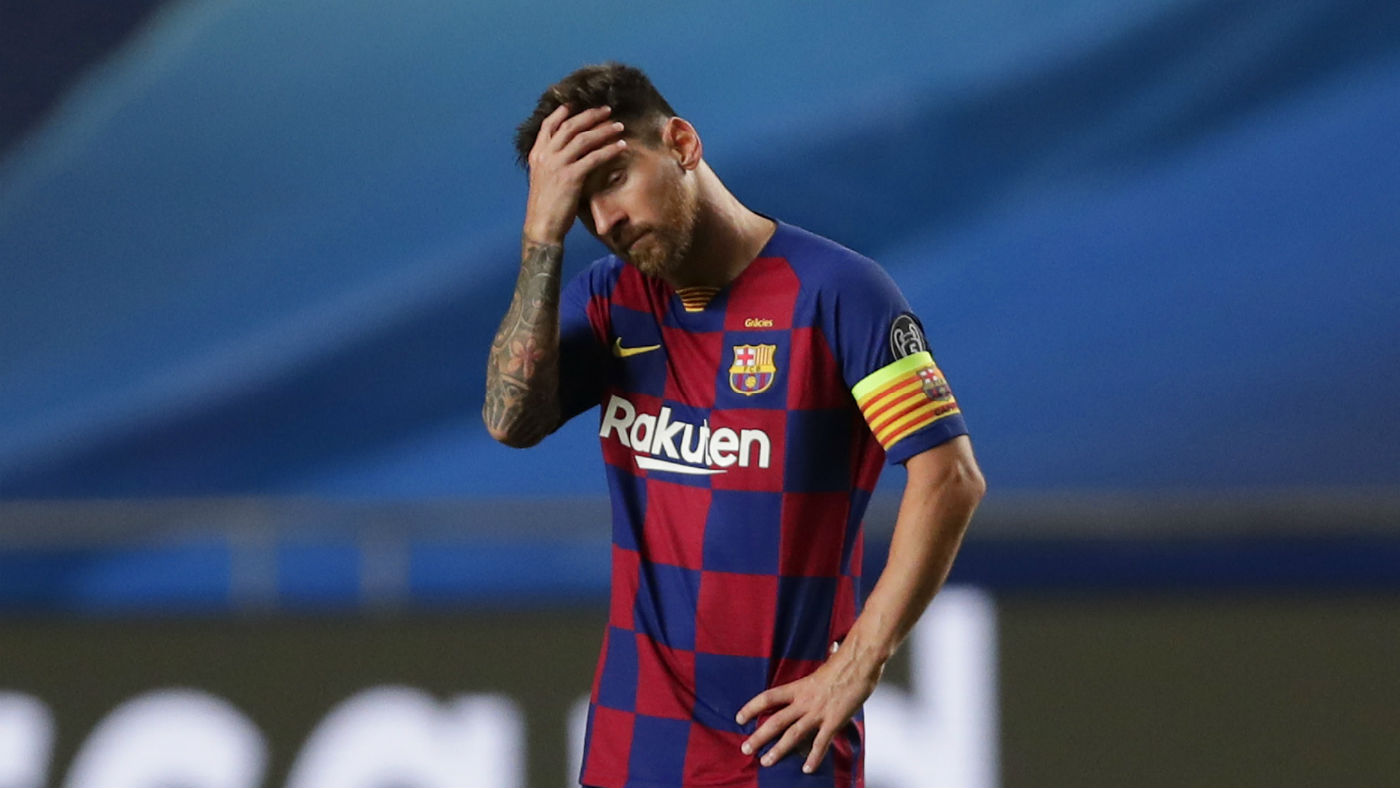 €555,237,619: Barcelona deny leaking details of Lionel Messi’s contract
€555,237,619: Barcelona deny leaking details of Lionel Messi’s contractfeature Messi scores 650th Barca goal - but salary reports overshadow milestone
-
 Man City on alert as Lionel Messi hands in Barcelona transfer request
Man City on alert as Lionel Messi hands in Barcelona transfer requestIn Depth Premier League club ‘crunch the numbers’ over a potential deal - but do they really need him?
-
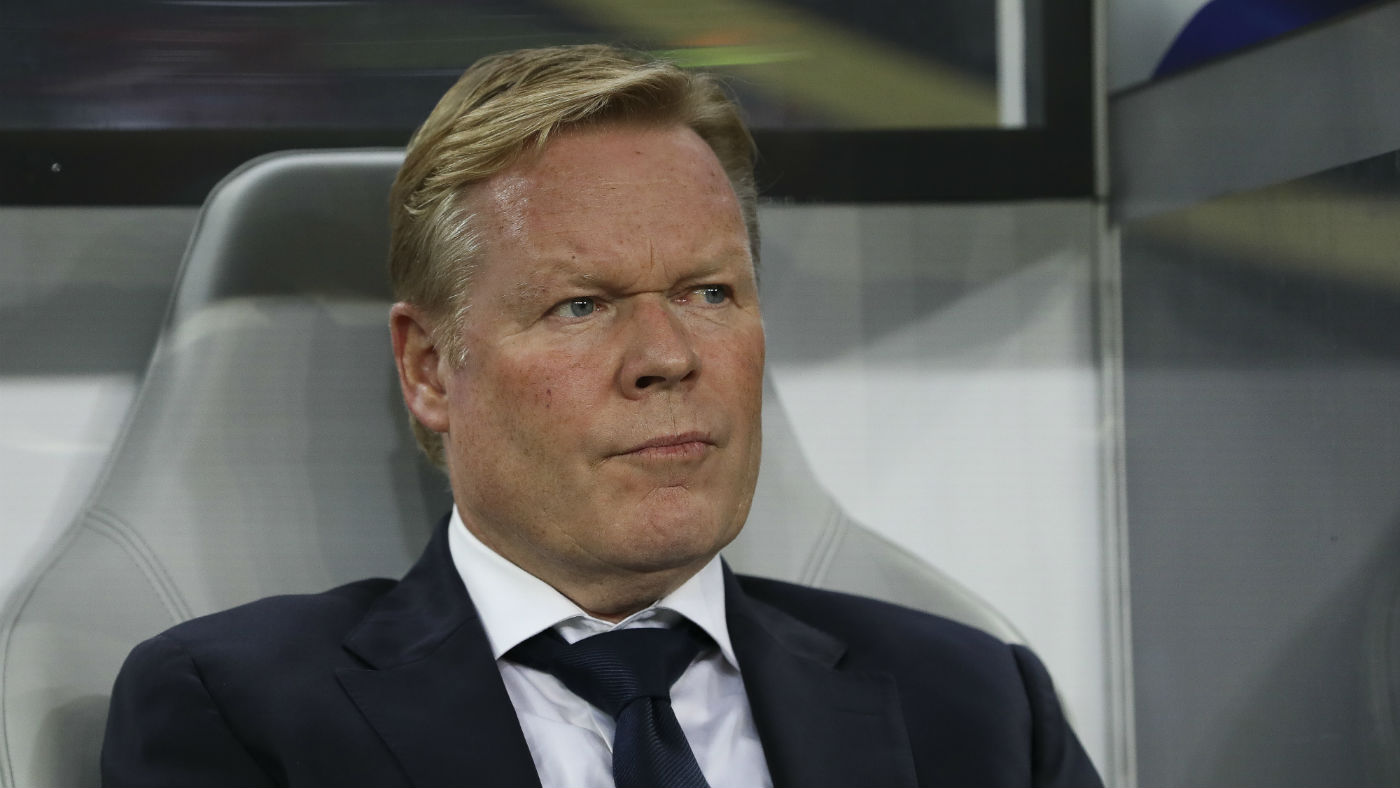 Ronald Koeman’s big Barcelona project: rebuild a squad around ‘pillar’ Lionel Messi
Ronald Koeman’s big Barcelona project: rebuild a squad around ‘pillar’ Lionel MessiIn Depth After the total humiliation by Bayern Munich, can the Dutchman bring total football back to the Camp Nou?
-
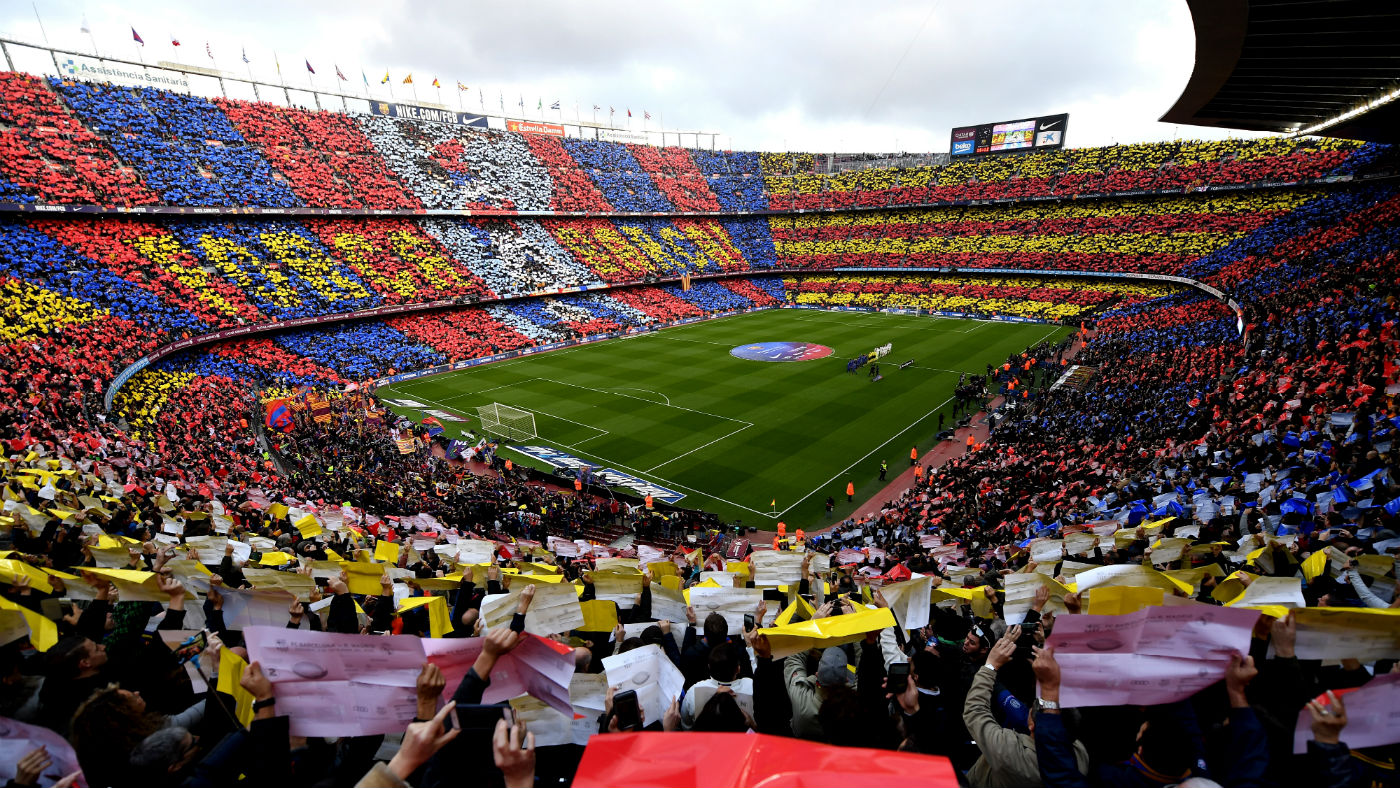 Sport shorts: Barcelona to sell Camp Nou naming rights and Lewis Hamilton dismisses Ferrari move rumours
Sport shorts: Barcelona to sell Camp Nou naming rights and Lewis Hamilton dismisses Ferrari move rumoursSpeed Read Ten things from the world of sport on Tuesday 21 April
-
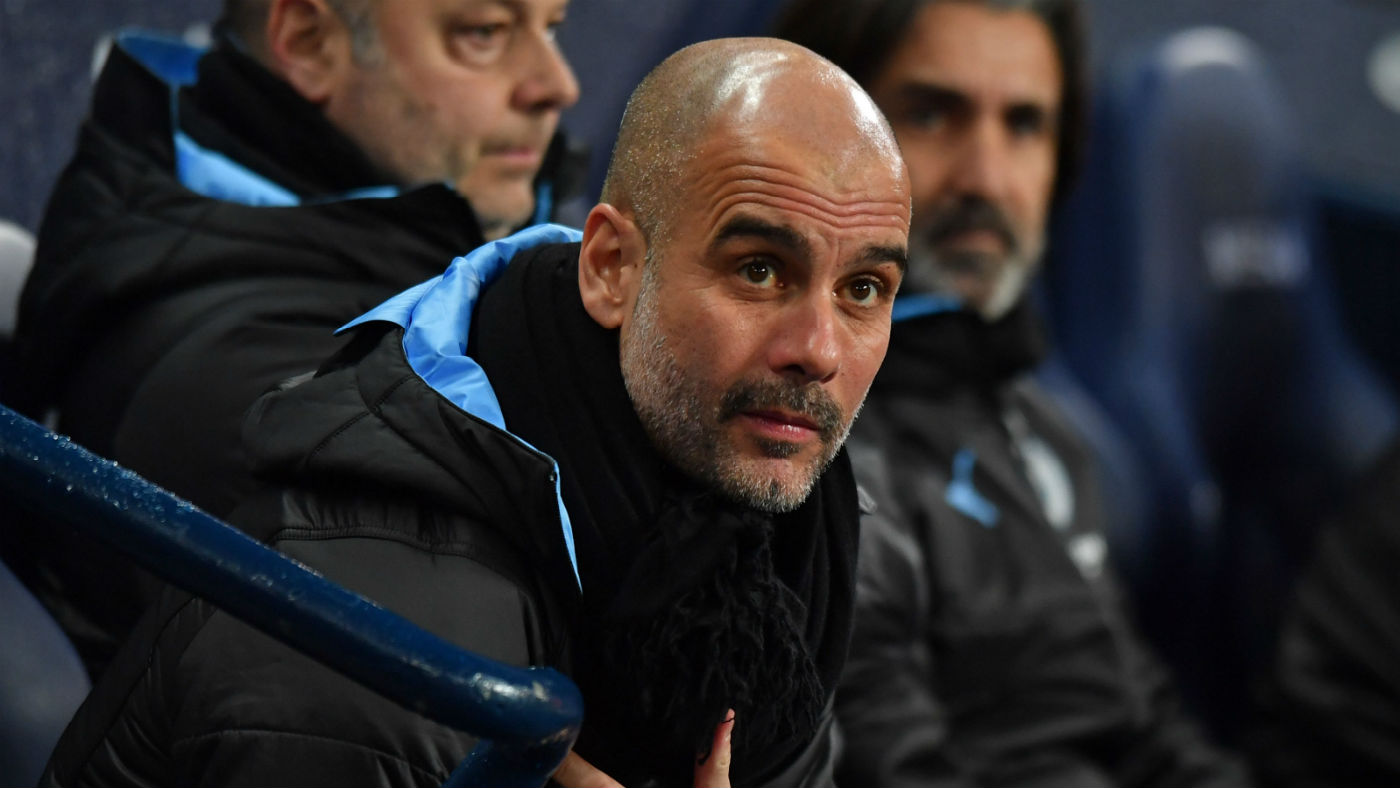 Pep Guardiola and Lionel Messi each donate €1m for fight against coronavirus
Pep Guardiola and Lionel Messi each donate €1m for fight against coronavirusSpeed Read Man City manager and the Barcelona captain help the relief efforts in Spain
-
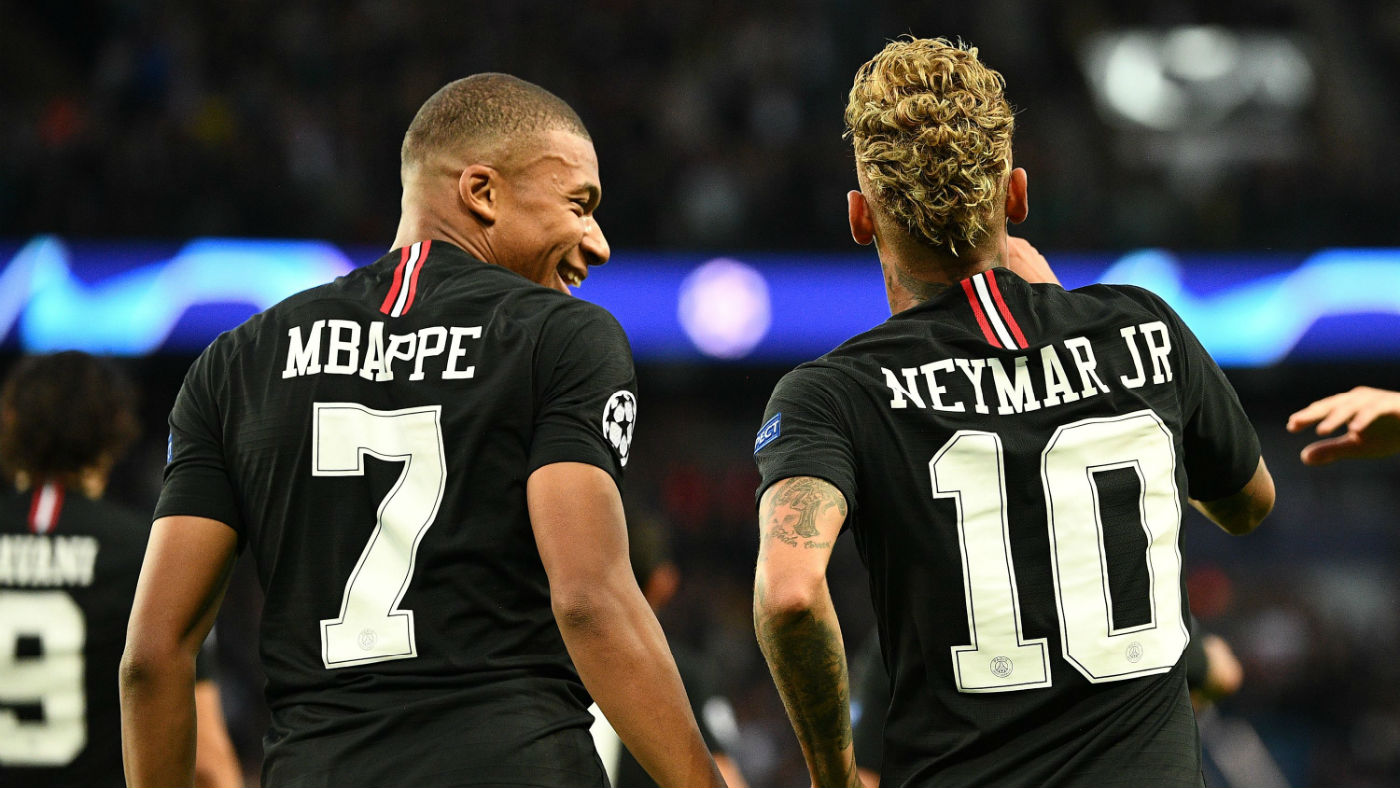 PSG’s striker situation: keep Kylian Mbappe by selling Neymar or risk losing both?
PSG’s striker situation: keep Kylian Mbappe by selling Neymar or risk losing both?In Depth Star forwards continue to be linked with Spanish football’s top two clubs
-
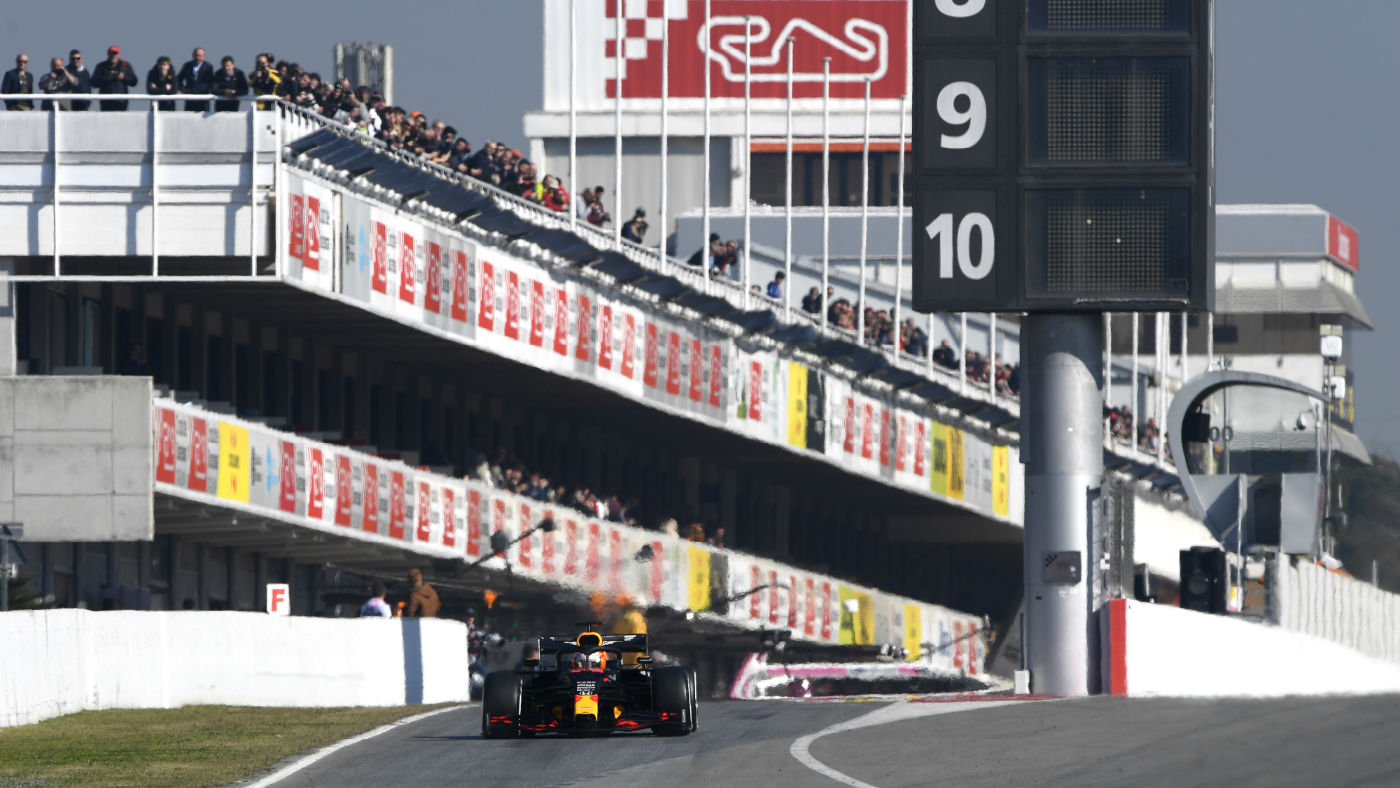 F1 second pre-season test: daily driver schedules, session times and TV coverage
F1 second pre-season test: daily driver schedules, session times and TV coverageThe Week Recommends Three more days of testing take place at the Circuit de Barcelona-Catalunya
